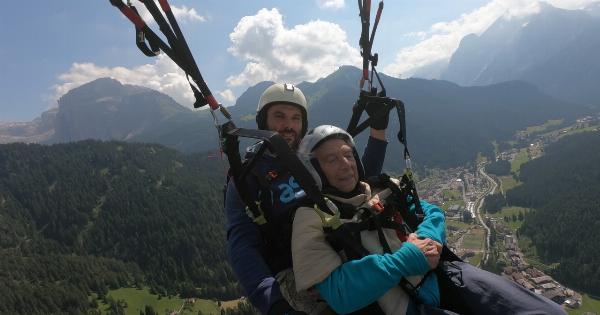Concussions are a type of traumatic brain injury (TBI) that can have serious short-term and long-term consequences. They occur when a person experiences a blow or jolt to the head, causing the brain to move back and forth rapidly within the skull.
This sudden movement can lead to chemical changes in the brain and damage to brain cells.
Understanding Concussion Symptoms
The symptoms of a concussion can vary widely from person to person. While some individuals may experience immediate symptoms, others may not notice any signs until hours or even days after the injury. Some common symptoms include:.
- Headache
- Nausea or vomiting
- Dizziness or balance problems
- Blurred vision
- Fatigue or drowsiness
- Mood changes
- Confusion or difficulty concentrating
- Memory problems
Concussion Risks in Sports
Athletes are particularly susceptible to concussions due to the high level of physical contact involved in many sports. Sports like football, soccer, hockey, and basketball pose a significant risk of head injuries.
It is important for athletes, coaches, and parents to be aware of the signs and symptoms of concussions, as athletes may attempt to hide their symptoms to continue playing.
Repeated concussions or returning to play too soon after a concussion can lead to serious long-term consequences, such as chronic traumatic encephalopathy (CTE) – a degenerative brain disease.
CTE is associated with symptoms like memory loss, depression, aggression, and impaired cognitive function.
Concussion Prevention and Management
While it may not be possible to completely eliminate the risk of concussions, there are measures that can be taken to reduce the likelihood of injury:.
- Wearing appropriate protective gear, such as helmets, in sports
- Following the rules and regulations of the sport to minimize risky behaviors
- Ensuring proper technique and training to minimize the risk of collisions
- Implementing protocols for recognizing and managing concussions
- Maintaining open communication between athletes, coaches, and medical professionals
If a concussion is suspected, it is essential to seek medical attention and follow the recommended steps for recovery. Resting both physically and mentally is crucial to allow the brain to heal.
Gradual return to activity should only occur under the guidance and approval of a healthcare professional.
Concussions in Children and Adolescents
Children and adolescents are at an increased risk of concussions due to their developing brains. They may also take longer to recover compared to adults.
It is vital for teachers, parents, and coaches to be vigilant in monitoring for signs of concussion in younger individuals. Any suspected head injury should be taken seriously, and medical attention sought promptly.
Additionally, proper education on concussion risks and prevention should be provided to young athletes to empower them to make informed decisions regarding their own safety.
The Importance of Education
Concussions can happen to anyone, not just athletes. Falls, car accidents, and other trauma can lead to head injuries and concussions. It is crucial for the general population to be educated about the risks and proper management of concussions.
By understanding the signs and symptoms, individuals can seek appropriate medical care when needed and take the necessary steps to protect their brain health.
Education can also help reduce the stigma associated with concussions and promote a more supportive environment for individuals recovering from these injuries.
Long-Term Effects of Concussions
While many people recover fully from concussions, some may experience long-term effects that can significantly impact their daily lives. These effects may include:.
- Post-concussion syndrome: A condition with symptoms that persist for weeks or months after the initial injury, including headaches, dizziness, and cognitive difficulties
- Increased risk of future concussions
- Memory problems and difficulty concentrating
- Mood disorders, such as depression and anxiety
- Sleep disturbances
- Changes in sensory perception
It is crucial for individuals who have experienced concussions to closely monitor their symptoms and consult with healthcare professionals if they notice any long-term effects.
Conclusion
Concussions are serious injuries that can have both immediate and long-term consequences. Whether through sports or other accidents, anyone can be at risk of suffering a concussion.
Recognizing the signs and symptoms is crucial in seeking appropriate medical attention and allowing the brain to heal properly. Education and prevention strategies play a vital role in reducing the incidence of concussions and ensuring the overall brain health of individuals across all age groups.




























